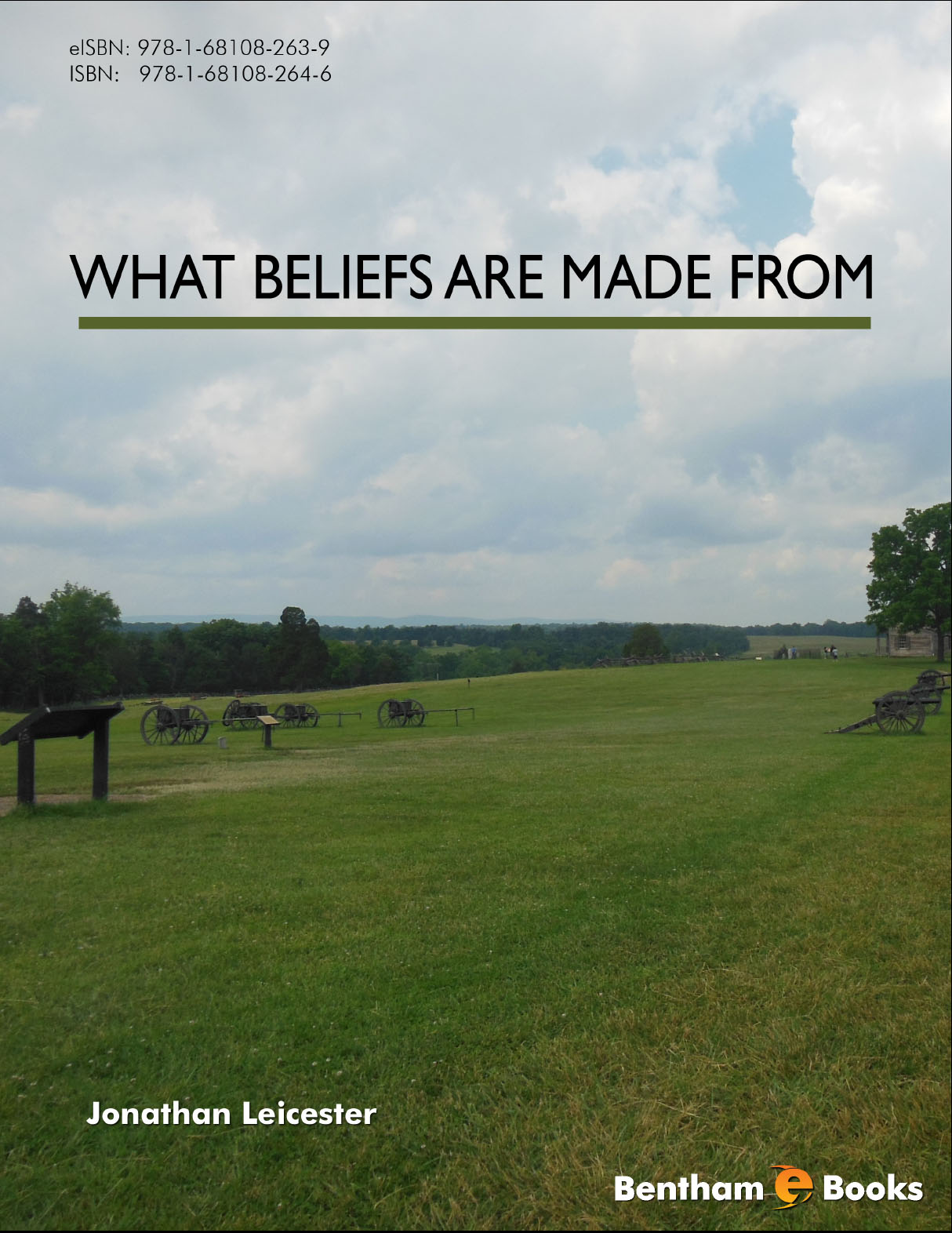Most educated people have heard of Planck’s Constant. Fewer have heard of Max Planck’s other eponymous contribution to science, Planck’s Principle, even though it is of arguably greater philosophical import. Planck’s Principle aims to answer a question that has long vexed students of science – under what circumstances does a new theory replace an old one? Planck’s answer; when all the adherents of the old theory are dead or retired.
There’s a serious point here which philosophers too often ignore, but to which Jonathan Leicester is alert – as he puts it, the intellectualist theory of belief fails because it pays too much attention to the evidence for a proposition, and ignores many of the other factors that cause us to hold beliefs. Planck drew our attention to the obvious fact that scientists who have invested their career in a theory, who rely on it in their work and maybe derive great prestige from their association with it, will be very reluctant to give it up even when the evidence convinces others who have less at stake. We all know people who seem to believe things because of emotional attachments, ideology or financial gain, or just because of plain old wishful thinking. These processes cause beliefs but do not justify them, and we make allowances for them in our everyday dealing with other people, although perhaps we are not alert enough to them when they occur in our own thinking.
We also use “belief” to cover a wide variety of judgements – a snap judgement that the noise behind you means danger might be called a belief, and so might the considered conclusion you come up with after long hours in the library or the lab, weighing the evidence judiciously. Many philosophers and psychologists have contemplated the variety of causes and manifestations of belief and wondered if perhaps there is no such thing. This ‘eliminativist’ position does not necessarily imply that that humans never think about the world or respond to it or that we cannot have true and false representations, but it wonders whether there can ever be a unified theory of a phenomenon that seems so diverse as the myriad things we call belief.
Dr Leicester thinks there can be a unified theory, by arguing for the view that belief is a distinctive feeling. This allows him to account for the variety by saying that what beliefs have in common is the way they feel, rather than their functions or their causes. It has always been a minority view, because so many of us find it hard to identify the unique feeling that accompanies belief and belief only, but the arguments here are clear and concise and deserve everyone’s attention, as does the great variety of phenomena covered in the book. What Beliefs are Made From is scholarly, fascinating and entertaining.
Dominic Murphy
History and Philosophy of Science
Faculty of Science, The University of Sydney
Australia
Belief is the central problem in the analysis of mind. … Beliefs give knowledge and error; they are the vehicles of truth and falsehood. Psychology, theory of knowledge and metaphysics revolve about belief, and on the view we take of belief our philosophical outlook largely depends.
Bertrand Russell, 1921.
On any longer view, man is only fitfully committed to the rational – to thinking, seeing, learning, knowing. Believing is what he is really proud of.
Martin Amis, 2008.
I know we’re going to lose in Turin today, and I believe we’re going to win.
Tim Parks, 2002.
You never believed in the meaning of this world and you therefore deduced the idea that everything was equivalent and that good and evil could be defined according to one’s wishes.
Albert Camus, 1943.

